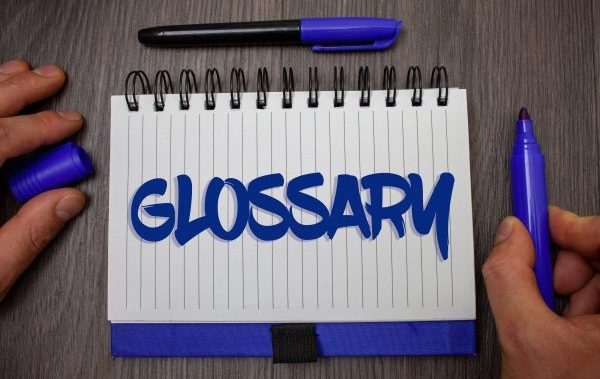Failing to appear for a scheduled court date in Noblesville, Indiana, especially when you’re out on bond, can have severe consequences. Whether it’s an honest mistake or a deliberate decision, skipping court is not something to take lightly. This blog will provide a comprehensive understanding of what’s at stake and what you can do to mitigate the damage.

Understanding the Legal Processes for Bail Bonds
When you’re arrested and charged with a crime, you may be granted bail, allowing you to remain free while awaiting your court date. The bail system relies on a set of legal procedures designed to ensure that defendants show up for their court appearances. Here’s what you need to know about the roles and responsibilities involved:
The Role of the Defendant
As the defendant, your primary responsibility is to appear in court on the scheduled date. Missing or skipping this date, also referred to as bail jumping, can lead to severe ramifications, including additional charges and financial penalties. Keeping track of your court dates and understanding the terms of your bail are crucial.
The Role of the Bail Bondsman
A bail bondsman provides the financial guarantee that you will appear in court. In exchange for a non-refundable fee known as the bail premium, the bondsman pays the full bail amount to the court. If you fail to appear, the bondsman is responsible for paying the entire amount and will seek to recover their losses from you.
The Role of the Court
The court oversees the legal process and ensures that justice is served. A judge sets your bail. But when you miss a court date, the judge can issue a warrant for your arrest, leading to immediate consequences like bond forfeiture and additional legal troubles.
Consequences of Failure to Appear
The ramifications of not appearing in court are swift and harsh. Here’s what you can expect if you miss your scheduled appearance:
Immediate Consequences
The court will likely issue a bench warrant for your arrest. This means that law enforcement will actively seek to take you into custody. You may also face additional charges for failing to appear, compounding your legal troubles.
Impact on Bond Status
Failure to appear often leads to bond forfeiture. This means you lose the money paid for your bail, and you may need to pay the full bail amount. Additionally, finding a bail bondsman willing to work with you in the future becomes significantly more difficult.
Long-Term Ramifications
Beyond the immediate legal repercussions, failing to appear in court can affect your personal freedoms. You could face more stringent bail conditions or even be denied bail in future cases. Your criminal record will also reflect your failure to appear, impacting future employment opportunities and other aspects of your life.
Legal Recourse and Support
If you’ve missed a court date, all is not lost. There are steps you can take to address the situation responsibly:
Contact Your Attorney or Hire One ASAP
Immediate communication with your lawyer is crucial. They can guide you through the next steps and may be able to negotiate with the court on your behalf to minimize the consequences. If you don’t have a lawyer, hire one fast.
Speak with Your Bail Bondsman
Your bail bondsman can provide advice and support. They may offer solutions like posting a new bond or helping you understand the legal implications of your missed court date.
Voluntary Surrender
Turning yourself in can show the court that you are taking responsibility for your actions. While it won’t erase the fact that you missed your court date, it can positively influence how the court views your case moving forward.
Conclusion
Failing to appear for a criminal court date in Noblesville, Indiana, carries serious consequences that can impact your freedom, finances, and future. It’s vital to understand your responsibilities and the legal processes involved in bail bonds. If you find yourself in a difficult situation, seek legal advice and support from professionals to mitigate the impact on your life.
Remember, appearing in court as scheduled is not just a legal obligation but a vital step in resolving your case and moving forward with your life. If you need assistance, don’t hesitate to reach out to a Hamilton County bail bond company for expert guidance and support.
Are you looking for a trusted way to get your loved one out of Hamilton County Jail in Noblesville, Indiana? Contact Uptown Bail Bonds at 317-919-2489 for fast and secure bail bonds in Hamilton County, Indiana. We also provide prearranged bail for arrest warrant surrenders.
Related Posts:
What Is Bail Bond Revocation and How Does it Work?
The Fine Print: Deciphering the Terms of Your Bail Bond Agreement
Understanding The Different Types of Bonds Available for Release from Jail



